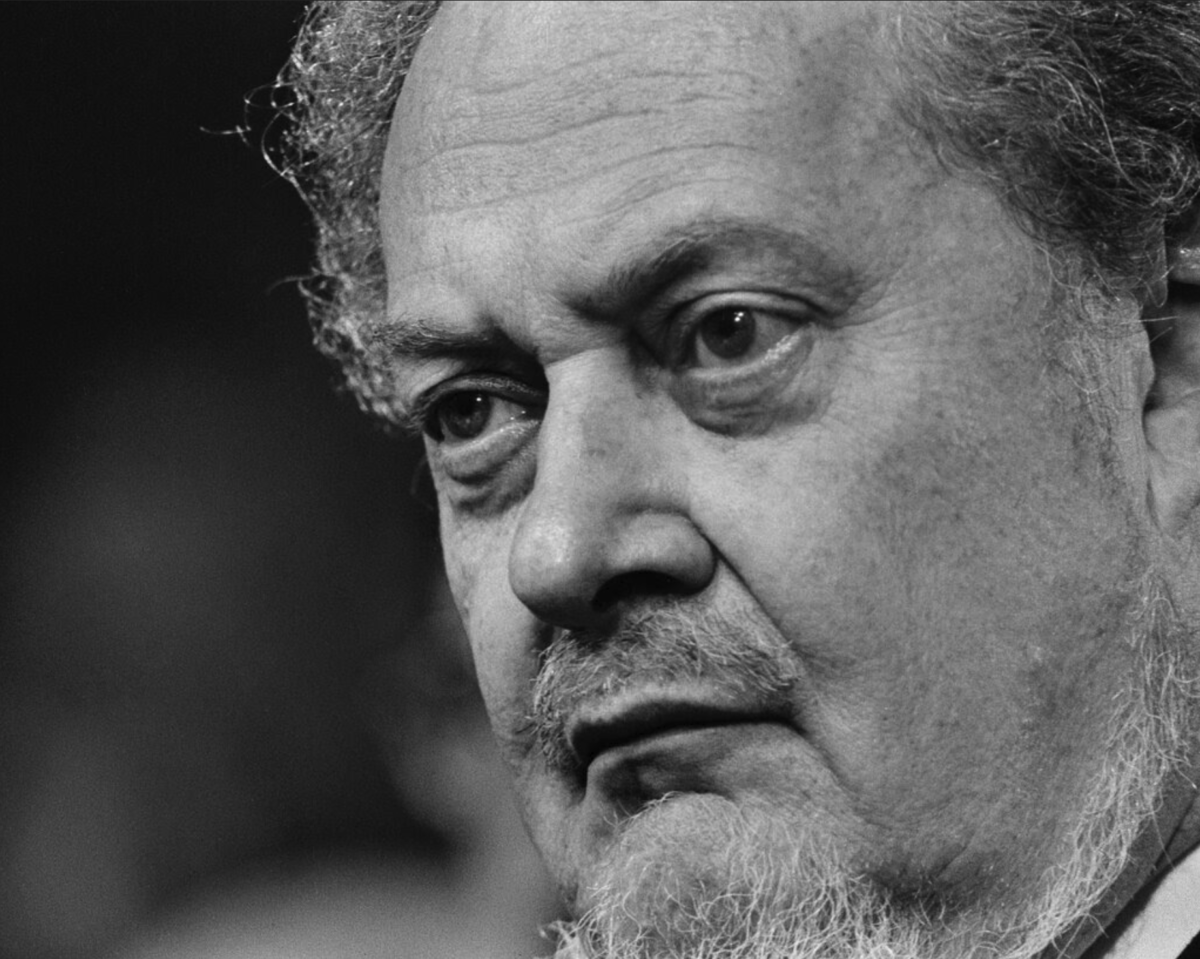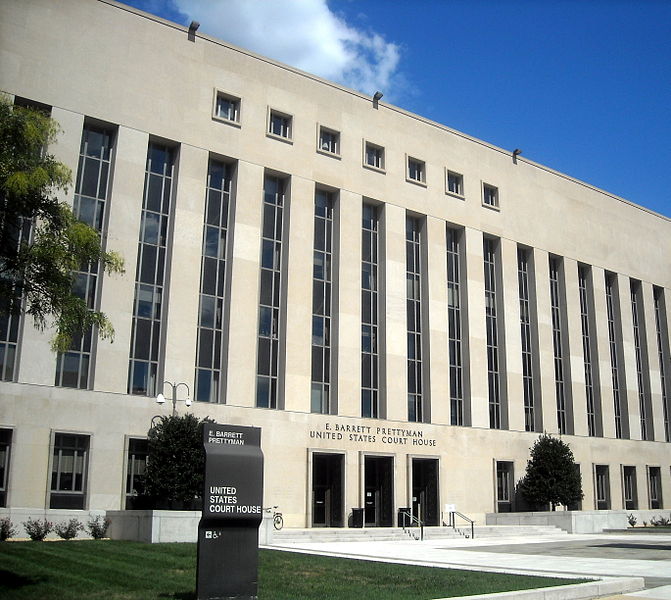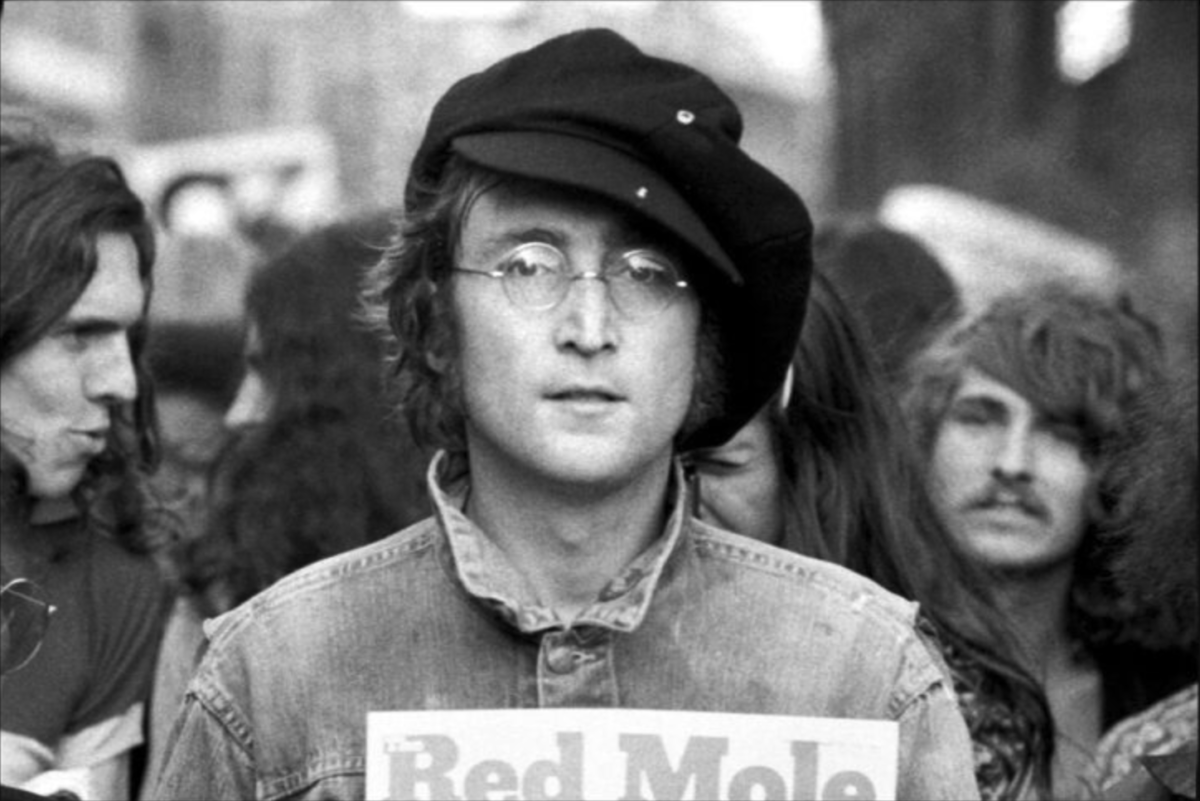The Big Picture –
By Glynn Wilson –
WASHINGTON, D.C. — After spending some time this week thinking about the world of 1687, when Sir Isaac Newton and the Royal Society of London published Principia Mathematica — with a little MAGA Republican distraction thrown in — I’ve stumbled on to another epiphany.
Newton’s Laws Work: Except in the House of Representatives
Maybe if John Lennon had lived, he would have figured it out too (see lyrics below).
But before I go off on a rant about all the problems of the world and how to fix them, I want to address something that appeared in a New York Times email Thursday morning. The Times is covering the Justice Department case against Google, going on in the federal courthouse in Washington.
The Justice Department and 38 states and territories on Tuesday laid out how Google had systematically wielded its power in online search to cow competitors, as the internet giant fiercely parried back, in the opening of the most consequential trial over tech power in the modern internet era. In a packed courtroom at the E. Barrett Prettyman U.S. Courthouse in Washington, the Justice Department and states painted a picture of how Google had used its deep pockets and dominant position, paying $10 billion a year to Apple and others to be the default search provider on smartphones. Google viewed those agreements as a “powerful strategic weapon” to cut out rivals and entrench its search engine, the government said.
“This feedback loop, this wheel, has been turning for more than 12 years,” said Kenneth Dintzer, the Justice Department’s lead courtroom lawyer. “And it always turns to Google’s advantage.”
‘A Monopolist Flexing’: U.S. Blasts Google’s Tactics as Antitrust Trial Opens
But that’s not what was in the email. This was.
From David Leonhardt
The Bork Factor
Americans have long been skeptical of big business. Thomas Jefferson, Theodore Roosevelt and Harry Truman all tried to constrain the power of large companies. Their efforts were part of a national culture that long emphasized individual freedom.
In the 1960s, however, a group of conservative scholars began arguing that large corporations had been unfairly maligned. These scholars — led by Robert Bork, then an obscure law professor — made the case that big business was often efficient and innovative. And if a large company did try to take advantage of consumers, these scholars said, a competitor could swoop in and lure away those consumers.
For years, Bork and his allies failed to persuade Washington to embrace their views. But after the U.S. economy struggled during the 1970s, policymakers became worried that antitrust laws were keeping American companies from competing with Japanese and European rivals. Slowly, the Bork view won converts, among both Republicans and Democrats. Since the 1980s, that view has dominated, allowing corporations to grow much larger.
I wanted to tell you this history today because it’s a crucial backdrop to the Google antitrust trial that began this week. That trial is the most significant attempt in decades to undo the Bork consensus.
For background, Leonhardt cites this story from 1981, which most of you will not be able to read unless you pay for the New York Times paywall. I wish I could give it to you for free, but I can’t, at least not yet (that is one of the problems we need to solve to save the world).
ANTITRUST: BIG BUSINESS BREATHES EASIER
If what Leonhardt reports is accurate, what if Bork had been elevated to the Supreme Court in 1987? We could have faced a crisis on the court then far worse than the one we face today with Clarence Thomas and Sam Alito. But we did not. Why?
The New York Times covered the story in 1987 when the Senate failed to confirm Bork to the Supreme Court. He had been nominated by President Ronald Reagan on July 1, 1987, but on October 23, 1987, the United States Senate rejected Bork’s nomination to the Supreme Court by a roll-call vote of 42–58.
Robert Bork Supreme Court nomination
What you will not learn from the Times or Wikipedia is how Howell Heflin, the Senator from Alabama, who could have swung the vote Bork’s way along with Strom Thurmond of South Carolina, came to vote against Bork on the Senate Judiciary Committee and in the full Senate, bringing with him the votes of a Senator by the name of Joe Biden, as well as Robert Byrd of West Virginia, Patrick Leahy of Vermont and Ted Kennedy of Massachusetts.
I know this story because I played a critical role in bringing it about. It happened like this.
In the summer of 1987, after successfully suing a corrupt newspaper in federal court in 1986 and opening my own business in Birmingham, Alabama, I was hanging out drinking coffee and keeping up with the news in a newsstand, bookstore and coffee bar on Southside called NewsBreak. In addition to reading the coverage of Bork’s nomination in the New York Times, and watching it on CBS News (before cable news and CNN had become a factor), I started a petition to try to convince Heflin to vote against Bork.
I would get people to sign the petition on the counter at NewsBreak, and at the end of every day while the Senate Judiciary Committee and full Senate debate took place, I would put the signatures in an envelope and mail them to Heflin’s Washington Senate office. In those days, members of Congress used their mail as one measure of public opinion on issues back home. So I came up with an easy way for them to measure the local sentiment. On the outside of the envelopes, I would tally the daily results and include the number in red ink, for example: 33 VOTES: VOTE NO ON BORK!
I was in touch with the wire service UPI in those days, doing some work for them, and also in touch with some members of Heflin’s staff, including Tom Campbell and Doug Jones. These petitions and envelopes got their attention, so at one point I got a phone call from Heflin himself, wanting my opinion on how strong the sentiment was in Birmingham against Bork.
In retrospect, I probably overstated it a bit for political effect, but it had the desired affect. Heflin not only voted against the Bork nomination on the committee and in the full Senate, he helped convince others on the committee and in the Senate to vote with him, including Joe Biden of Delaware, Robert Byrd of West Virginia, Patrick Leahy of Vermont and Ted Kennedy of Massachusetts.
At further risk of being called Forest Gump by my therapist, in a good way, this is just one example of how we can save democracy. If Bork’s thinking is really behind Google’s strategy, then we must take Google down in this series of anti-trust cases. If the people would get more engaged in the fight, maybe they could make a difference.
How about if we all stop using Google while the trial is going on?
I’m in. I’m using Bing in Apple’s Safari browser for most of my searches these days anyway. Won’t you all join me? Share it all over social media. The people need to do their part for democracy to survive.
I’m working on another piece to focus on all the big problems in the world and how to solve them all.
The Beatles ‘Revolution’ Lyrics
You say you want a revolution
Well, you know
We all want to change the world
You tell me that it’s evolution
Well, you know
We all want to change the world
But when you talk about destruction
Don’t you know that you can count me out (in)
Don’t you know it’s gonna be
All right?
Don’t you know it’s gonna be (all right)
Don’t you know it’s gonna be (all right)
You say you got a real solution
Well, you know
We’d all love to see the plan
You ask me for a contribution
Well, you know
We’re all doing what we can
But if you want money for people with minds that hate
All I can tell you is brother you have to wait
Don’t you know it’s gonna be (all right)
Don’t you know it’s gonna be (all right)
Don’t you know it’s gonna be (all right)
You say you’ll change the constitution
Well, you know
We’d all love to change your head
You tell me it’s the institution
Well, you know
You better free your mind instead
But if you go carrying pictures of Chairman Mao
You ain’t going to make it with anyone anyhow
Don’t you know it’s gonna be (all right)
Don’t you know it’s gonna be (all right)
Don’t you know it’s gonna be (all right)
All, all, all, all, all, all, all, all, all, all, all right
All right, all right, all right, all right, all right
___
If you support truth in reporting with no paywall, and fearless writing with no popup ads or sponsored content, consider making a contribution today with GoFundMe or Patreon or PayPal. We just tell it like it is, no sensational clickbait or pretentious BS.
















